This fall, the Harvard Law School Library continued its regular series of faculty book talks by Harvard Law School authors on topics ranging from forgiveness in law, transparency in health, and fidelity in constitutional practice. In this ongoing series, faculty authors from various disciplines share their recently published books with the Harvard Law community.
In past years, faculty have presented books on authoritarianism in America, the Supreme Court of India, and a citizen’s guide to impeachment, among other topics.
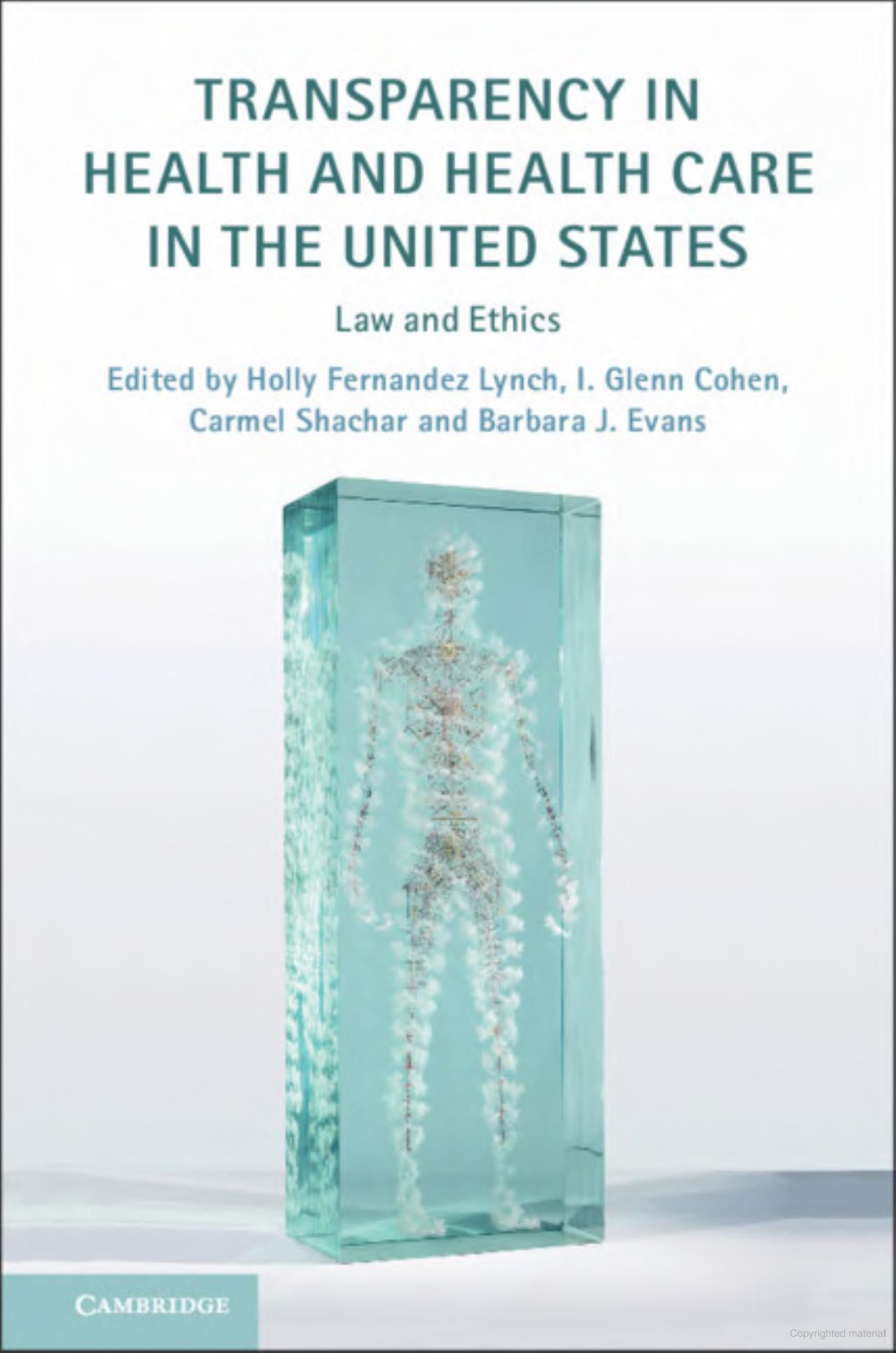
Transparency in Health and Health Care in the United States: Law and Ethics
Holly Fernandez Lynch, I. Glenn Cohen, Carmel Schachar and Barbara J. Evans, editors
“Transparency in Health and Health Care in the United States,”a book of essays that examines transparency in the health context, stems from the 2017 annual conference at Harvard Law School’s Petrie-Flom Center for Health Law Policy, Biotechnology, and Bioethics, which brought together leading experts to reach a better understanding of this health policy buzzword, recognizing its true limitations, so that transparency can be utilized as a solution to pressing health policy issues. Each essay in the volume explores the nuances of transparency, where initiatives have succeeded and where there is room for improvement. On Sept. 16, Harvard Law School Professor I. Glenn Cohen ’03, faculty director, Petrie-Flom Center; Holly Fernandez Lynch, John Russell Dickson, M.D. Presidential Assistant Professor of Medical Ethics and Health Policy, University of Pennsylvania Perelman School of Medicine; and Ameet Sarpatwari, Assistant Professor, Harvard Medical School, discussed the book at a talk moderated by Elena Fagotto, co-investigator, Project on Transparency and Technology for Better Health.
Read more about “Transparency in Health and Health Care in the United States: Law and Ethics.”
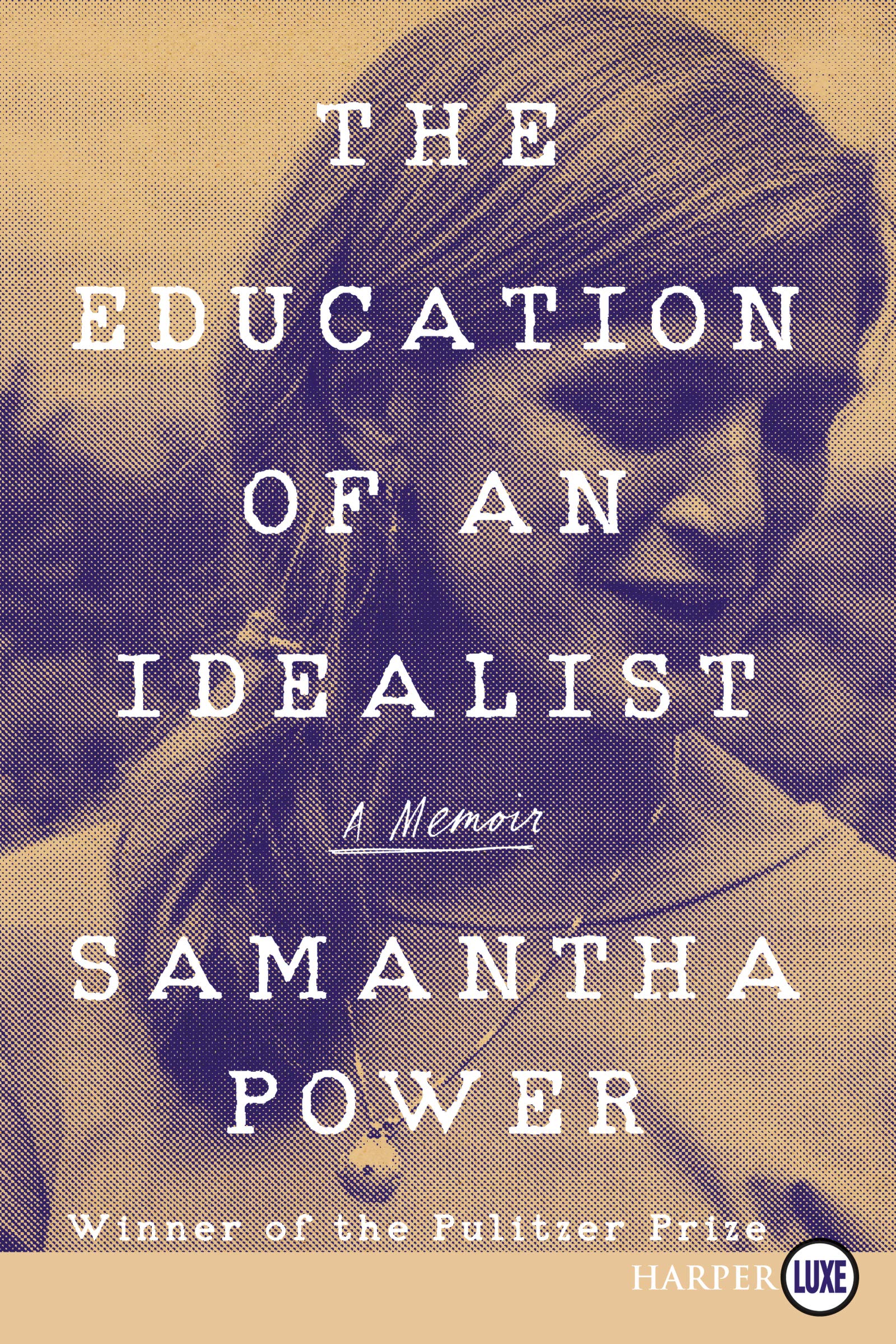
The Education of an Idealist
Samantha Power
After the release of her celebrated memoir, “The Education of an Idealist.” Samantha Power ’99 discussed the book at at Sept. 23 talk at Harvard Law School, sharing stories from her life and her journey from “immigrant to war correspondent to presidential Cabinet official.” Power, who is the William D. Zabel ’61 Professor of Practice in Human Rights at Harvard Law School, and the Anna Lindh Professor of the Practice of Global Leadership and Public Policy at Harvard Kennedy School, previously served as the 28th U.S. Permanent Representative to the United Nations from 2013 to 2017, and was a member of President Barack Obama ’91’s cabinet.
Read more about “The Education of an Idealist.”
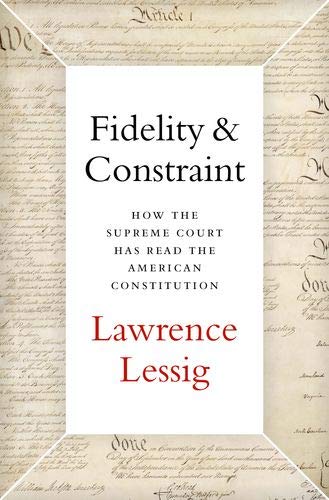
Fidelity & Constraint: How the Supreme Court Has Read the American Constitution
Lawrence Lessig
On Sept. 25, Lawrence Lessig, the Roy L. Furman Professor of Law and Leadership at Harvard Law School, delved into his theory of constitutional law, which he explores in his most recent book “Fidelity and Constraint: How the Supreme Court has Read the American Constitution.” At the library book event, Lessig told the audience that American constitutional practice has involved two kinds of fidelities for the Supreme Court. The traditional one is a fidelity to meaning, which involves “figuring out what the words of the Constitution mean and how they should be carried into effect.” But a second fidelity, which is also critical to reckon with, is a fidelity to the Court’s role.
Read more about “Fidelity and Constraint.”
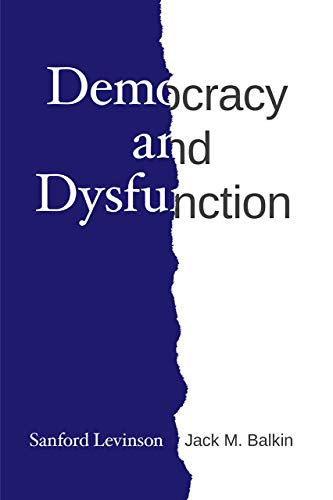
Democracy and Dysfunction
Sanford Levinson and Jack Balkin
“Democracy and Dysfunction” brings together two of the leading constitutional law scholars of our time, Sanford Levinson and Jack M. Balkin, in an urgently needed conversation that seeks to uncover the underlying causes of our current crisis and their meaning for American democracy. In a series of letters exchanged over a period of two years, Levinson and Balkin travel—along with the rest of the country—through the convulsions of the 2016 election and President Donald Trump’s first year in office. On Oct. 3, Levinson, a visiting professor at Harvard Law School and the W. St. John Garwood, Jr. Centennial Chair in Law, University of Texas Law School, and Balkin, the Knight Professor of Constitutional Law and the First Amendment, Yale Law School, joined commentators Steven Levitsky, professor of government, Harvard University, and Jennifer L. Hochschild, the H.L. Jayne Professor of Government, Professor of African and African American Studies, and Harvard College Professor, Harvard University.
Read more about “Democracy and Dysfunction.”
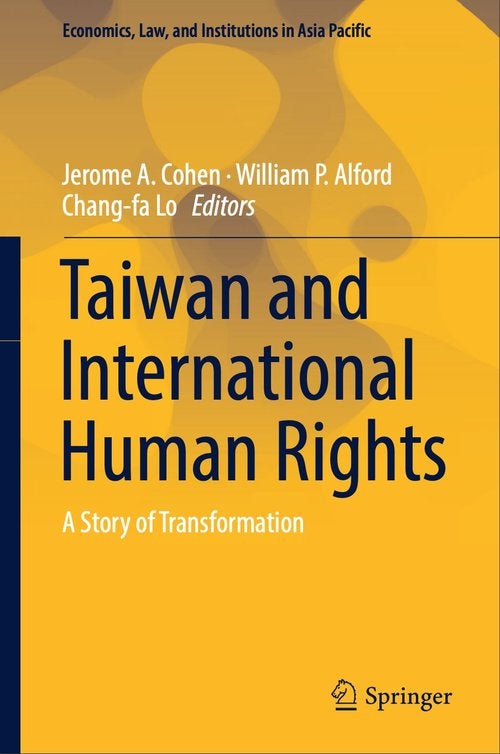
Taiwan and International Human Rights: A Story of Transformation
Jerome A. Cohen, William P. Alford and Chang-fa Lo, editors
The end of martial law in 1987 brought the first opportunity for the people of Taiwan to protect their rights and freedoms. In their volume of essays, the editors of “Taiwan and International Human Rights: A Story of Transformation,” Jerome A. Cohen, William P. Alford ’77 and Dr. Chang-fa Lo, present a variety of perspectives on Taiwan’s human rights performance, including from many HLS alumni. Alford, the Jerome A. and Joan L. Cohen Professor of Law at Harvard Law School, director of the East Asian Legal Studies Program and founding chair of the HLS Project on Disability, co-writes an essay on protecting people with disabilities, while Cohen, a professor at NYU School of Law who introduced the teaching of Asian law at HLS, writes on his personal experience of Taiwan’s human rights history. Lo, former grand justice of Taiwan’s Constitutional Court and former dean, National Taiwan University Law School, contributes two chapters: on the introduction of international human rights norms into constitutional interpretations, and on gender equality issues. The editors point to the high standards of Taiwan’s human rights protection even as it is barred from joining international human rights conventions. On Oct. 8, Cohen, Alford and Lo discussed their book at a library book event with commentators: Steven Goldstein, Sophia Smith Professor of Government, Emeritus, Smith College and Fellow, Fairbank Center for Chinese Studies; Dr. Yu-Jie Chen, Academia Sinica (Taiwan); and Dan Zhou LL.M. ’16 and S.J.D. candidate, Harvard Law School.
Read more about “Taiwan and International Human Rights: A Story of Transformation.”
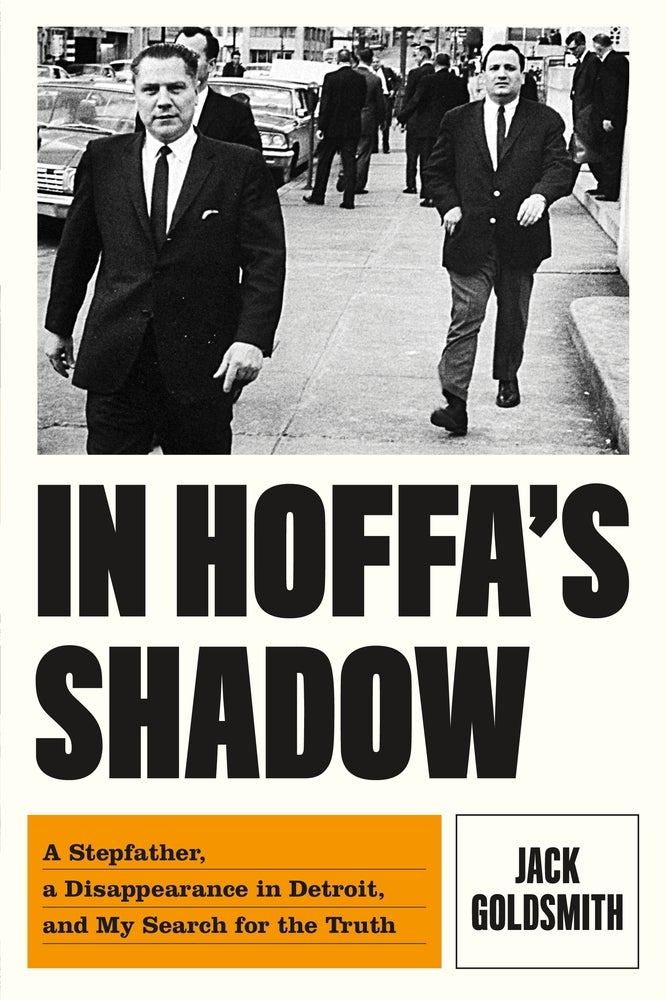
In Hoffa’s Shadow: A Stepfather, a Disappearance in Detroit, and My Search for the Truth
Jack Goldsmith
Jack L. Goldsmith, Henry L. Shattuck Professor of Law at Harvard Law School, was no Hoffa conspiracy buff, but he had good reason to think that Charles “Chuckie” O’Brien, Hoffa’s right-hand man and one of the FBI’s earliest suspects, had been falsely accused of driving Hoffa to his killers. First, O’Brien’s alibi, although not airtight, eventually checked out enough that the FBI never charged him. And second, O’Brien is Goldsmith’s stepfather. In a new book, “In Hoffa’s Shadow,” Goldsmith dug through government and court records, and FBI wiretap transcripts, and also spoke to dozens of FBI agents, prosecutors, and Hoffa experts to see whether, decades later, he could clear his stepdad’s name — and maybe even figure out what happened to Hoffa. In an interview with the Harvard Gazette and in a library book talk on Oct. 30, Goldsmith discusses his stepfather, Hoffa’s disappearance in Detroit, and his own search for the truth.
Read more about “In Hoffa’s Shadow: A Stepfather, a Disappearance in Detroit, and My Search for the Truth.”
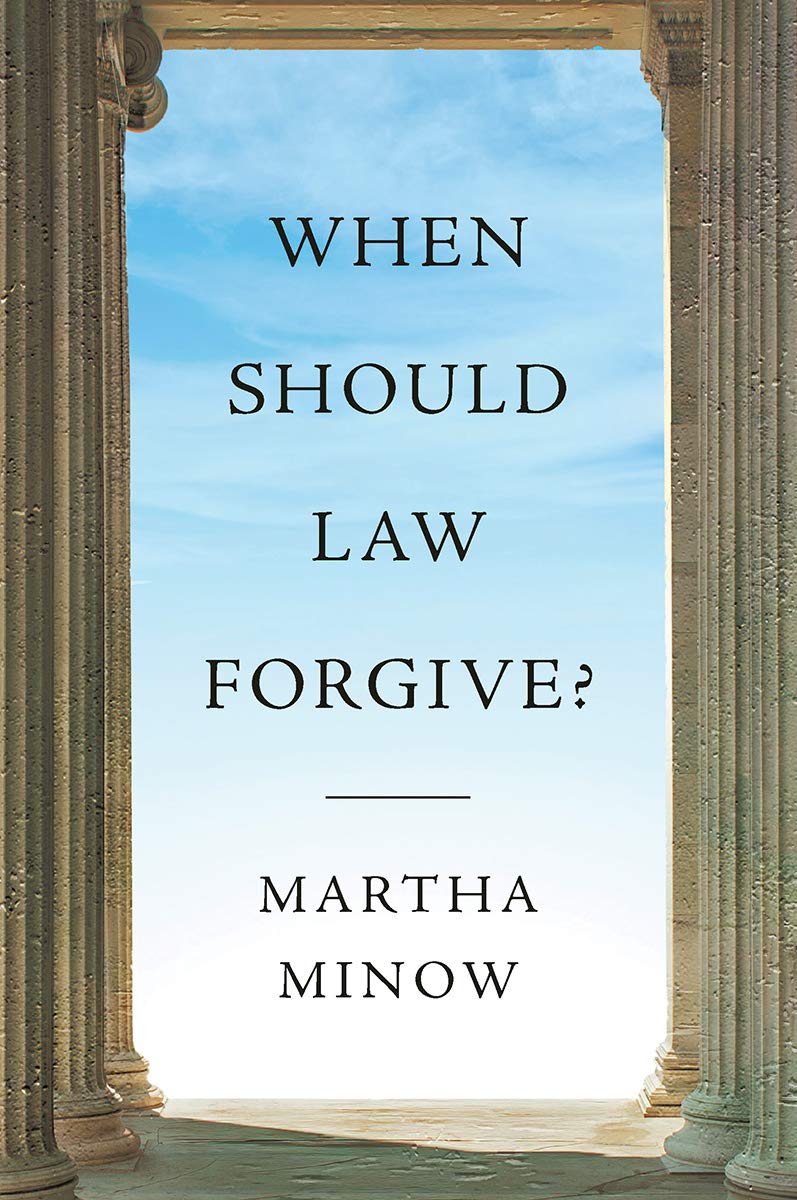
When Should Law Forgive?
Martha Minow
In her new book, “When Should Law Forgive?,” Martha Minow, the 300th Anniversary University Professor and former dean of Harvard Law School, explores the complicated intersection of the law, justice, and forgiveness, asking whether the law should encourage people to forgive, and when courts, public officials, and specific laws should forgive. A review in Harvard Magazine described the book as “a compact yet panoramic addition to the literature about restorative, sometimes called reparative, justice—an old practice recently revived by a growing movement in American criminal justice.” The Harvard Gazette sat down with Minow to talk about her book and why she thinks forgiveness could make the law more just. In November, Minow joined panelists Carol Steiker ’86, the Henry J. Friendly Professor of Law and co-director of the Criminal Justice Policy Program; Toby Merrill ’11, an HLS lecturer on law and director of the Project on Predatory Student Lending; Homi K. Bhabha, the Anne F. Rosenberg Professor of the Humanities at Harvard and director of the Mahindra Humanities Center, and Dehlia Umunna, a clinical professor of law at Harvard Law School and deputy director of the Criminal Justice Institute, for a discussion sponsored by the Harvard Law School Law Library.
Read more about “When Should Law Forgive?
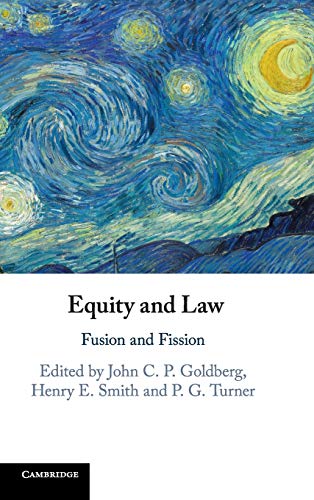
Equity and Law: Fusion and Fission
John C.P. Goldberg, Henry E. Smith and Peter G. Turner, editors
A new book, “Equity and Law: Fusion and Fission,” edited by Harvard Law School Professors John C. P. Goldberg and Henry E. Smith and University of Cambridge Professor P. G. Turner, draws from a seminar co-hosted by HLS’s Project on the Foundations of Private Law, which is directed by Smith and Goldberg. The book’s essays examine the ways in which law reform, starting two centuries ago and continuing through the mid-20th century, “fused” common law and equity, and ways in which they have remained distinct. With historical, comparative, and theoretical analysis, the book seeks to show equity’s place in the modern common law system and explores whether equity should be distributed throughout the law. On Nov. 5, Goldberg and Smith discussed their book at a library book event.
Read more about “Equity and Law: Fusion and Fission.”
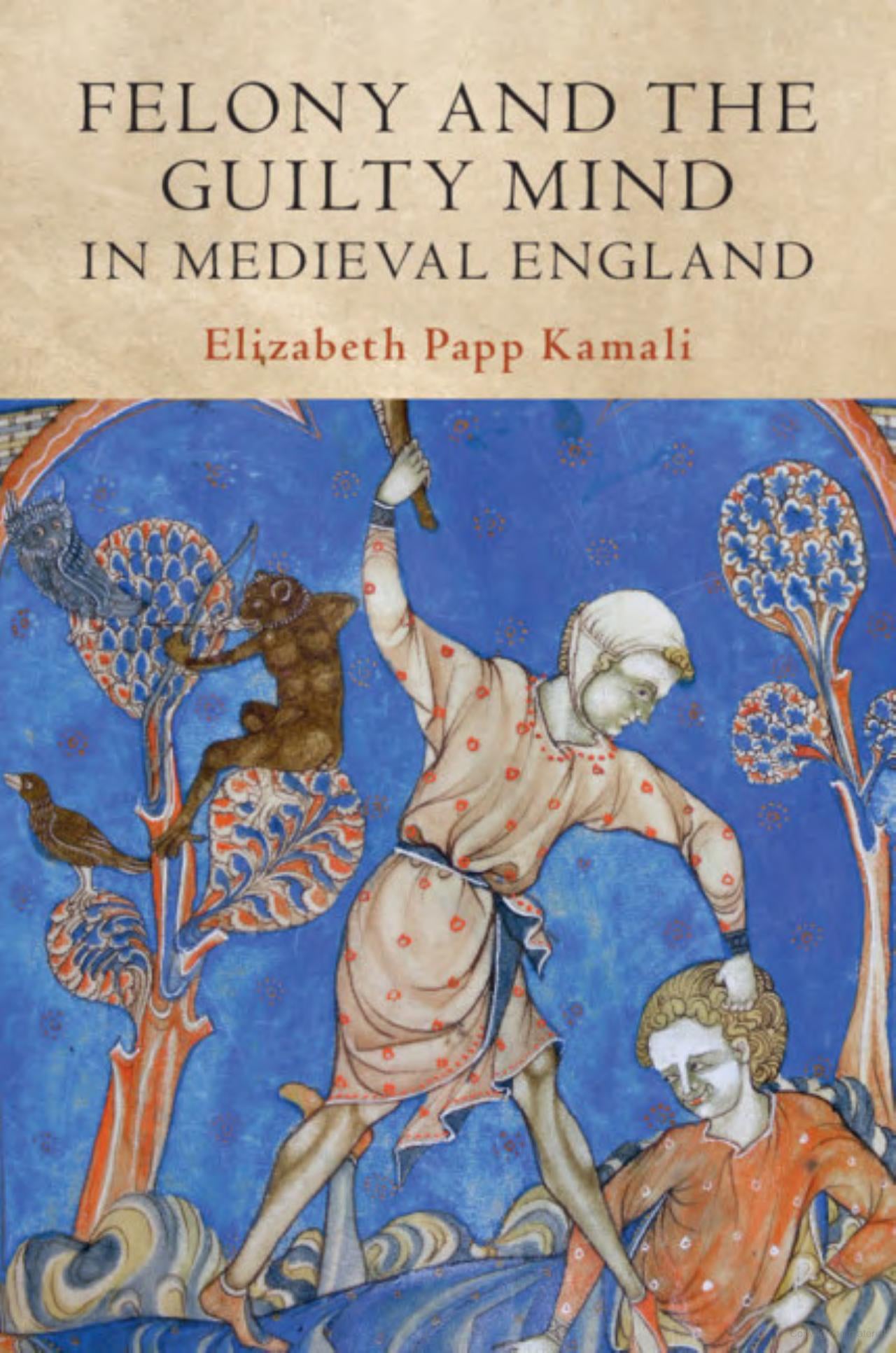
Felony and the Guilty Mind in Medieval England
Elizabeth Papp Kamali
The concept of mens rea, or guilty mind, factors into how we determine criminal responsibility in modern law, writes legal historian and Harvard Law School Assistant Professor Elizabeth Papp Kamali ’07 in her new book “Felony and the Guilty Mind in Medieval England.” The same was true in medieval England, according to Kamali, who shows how jurors considered defendants’ mens rea in reaching verdicts and conveying mercy. In addition, she explores how “felony” became a legal term of art, how anger as a fact pattern could affect adjudication, and how confession underpinned convictions and pardons. Judges and juries too were expected to approach their task “with the right orientation of heart and mind.” In November, Harvard Law Today sat down with Professor Kamali to discuss her research; trial by ordeal in medieval England; and the use of torture in the criminal justice process. On Nov. 13, Kamali discussed her book at a library book event with commentators: Harvard Law School Professors Charles Donahue and Intisar A. Rabb, and Harvard Professor Nicholas Watson.
Read more about “Felony and the Guilty Mind in Medieval England.”
